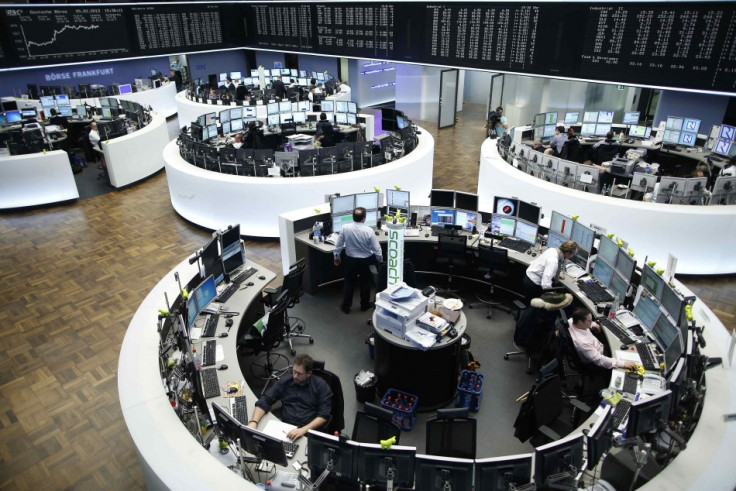European Stocks Pick Up Amid Eurozone Concerns

European markets picked up in the opening minutes of trade as investors awaited the reopening of Cypriot banks, amid mounting eurozone concerns.
The UK's FTSE 100 and Germany's DAX were up 0.1 percent each. In France, the CAC-40 rose 0.2 percent. The Stoxx Europe 600 index opened 0.1 percent higher.
Cyprus's banks are set to reopen during the day after remaining closed for nearly two weeks, with severe capital control measures in place to prevent a run on deposits.
Cash withdrawals will be limited to €300 (£253; $383) while use of cheques will be restricted, and people travelling abroad will not be allowed to take more than €3000 per person.
The controls are expected to be in effect for a week, according to the Finance Ministry.
Despite the controls, Market players remain cautious as they await a possible panic rush to withdraw money. Officials have reportedly ensured tight security to prevent any problems.
Italian political concerns have also returned as hopes of a possible government alliance faded, after the centre-left leader Pier Luigi Bersani's attempt to garner support from the Five Stars Movement did not bring the desired result.
Bersani has asked all parties to "accept their responsibilities" and allow the formation of a government. But with the chances of a political consensus looking increasingly slim, analysts warn that fresh elections are likely this year.
Investors are also awaiting the final estimates of US fourth-quarter Gross Domestic Product (GDP). Analysts expect the revised figures to be marginally higher, driven by the upward revisions in retail and wholesale inventories.
Asian markets had ended lower earlier, as the persistent eurozone concerns prompted investors to remain on the sidelines.
Japan's Nikkei average index ended 1.3 percent lower to 12,336.0 while South Korea's KOSPI remained little changed at 1,993.5. Australia's S&P/ASX 200 slipped 0.6 percent to 4966.5.
China's Shanghai Composite Index fell 2.8 percent to 2,236.3. Hong Kong's Hang Seng traded 0.9 percent to 22,267.1 towards close.
Weak retail sales data from Japan underscored the lacklustre economic conditions in the country and the challenges ahead of its government. Sales fell 2.3 percent year-on-year in February, but picked up 1.6 percent over the previous month.
The data comes as Bank of Japan's new governor Haruhiko Kuroda said that the Japanese economy may not weaken further and could show signs of recovery by the middle of the year.
"The bank currently assesses that the economy has stopped weakening," Kuroda said, according to AP. However, he added that the economic conditions remain uncertain due to the continuing European crisis and tepid US recovery.
Financial stocks across Asia came under pressure during the day, as some markets near the end of their financial quarter. Chinese banking stocks were also weighed down by some new rules on wealth management products.
© Copyright IBTimes 2025. All rights reserved.




















